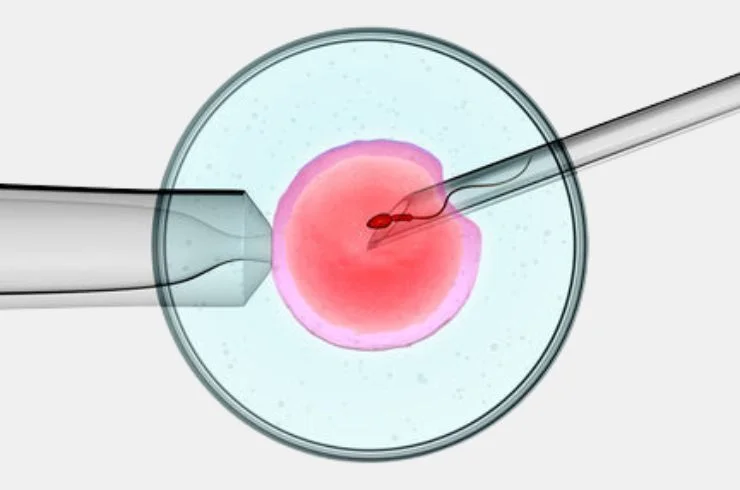
ICSI (Intracytoplasmic Sperm Injection) is a specialized form of IVF (In Vitro Fertilization) that significantly enhances the chances of fertilization by directly injecting a single sperm into a single egg. This precise method bypasses the natural barrier of the egg’s outer layer, ensuring that fertilization occurs even in cases where sperm may struggle to penetrate the egg on its own.
How ICSI Differs from Traditional IVF
In traditional IVF, thousands of sperm are placed around an egg in a petri dish, and fertilization is left to chance. This mimics the natural process of sperm competing to penetrate the egg. While effective in many cases, traditional IVF can sometimes result in no fertilization, especially in situations where the sperm quality is low or there are issues with sperm mobility or morphology.
With ICSI, however, fertilization is facilitated directly:
Why ICSI is Preferred Over Traditional IVF
Male Factor Infertility:
Unexplained Infertility:
Failed Fertilization in Previous IVF Cycles:
Fertilization Reliability:
The ICSI Process
Egg Retrieval:
Sperm Collection:
Sperm Injection:
Fertilization:
Embryo Transfer: